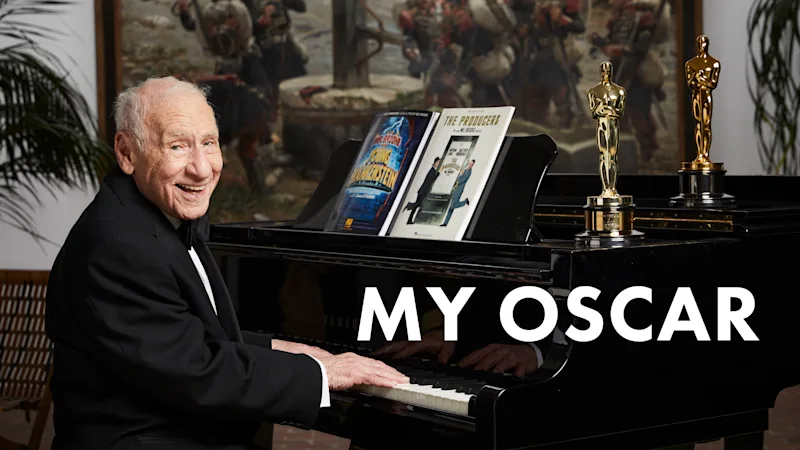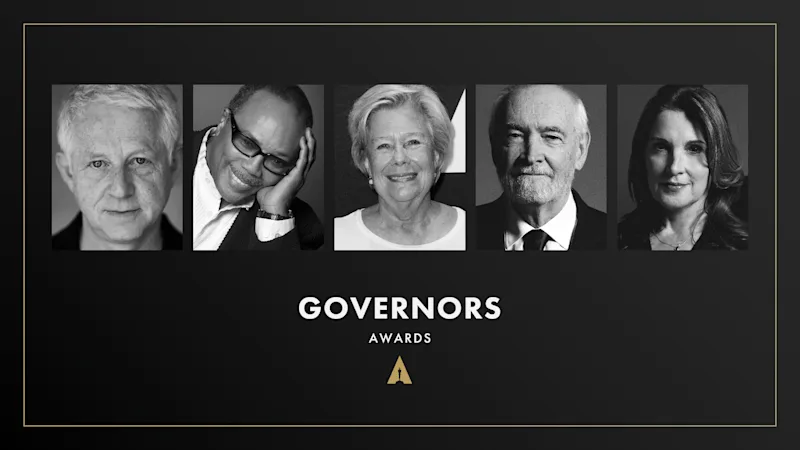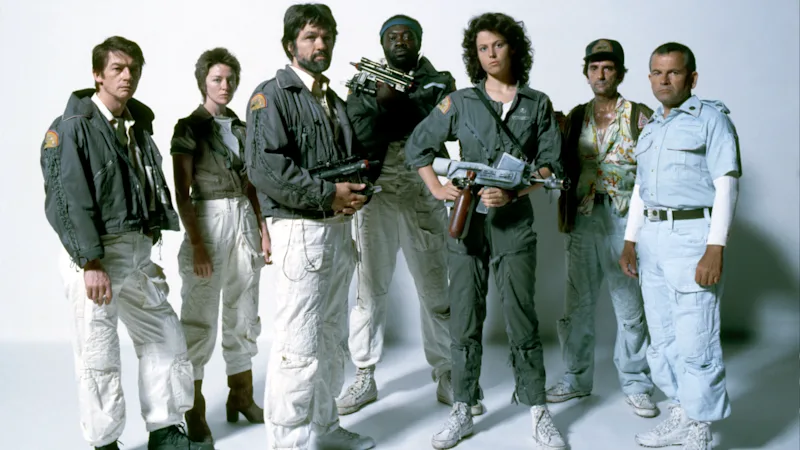On March 30, 1987, Marlee Matlin became the first deaf performer to win an Academy Award, taking home the Oscar for Best Actress with her performance in Children of a Lesser God. At this year's 94th Oscars, history has been made once again, with Matlin's CODA co-star Troy Kotsur becoming the first deaf man to earn an Oscar nomination.
And for Kotsur, it wouldn't have been possible without her.
"Marlee was such an important role model in Hollywood for the deaf community, and she really kept my hope alive," he tells A.frame via a sign-language interpreter. It was also Matlin who recommended Kotsur to CODA director Sian Heder, having worked with him on a 2015 Deaf West production of Spring Awakening. "She put my name forward as to someone to consider for the character Frank Rossi."
In CODA, Kotsur and Matlin play parents to Leo (Daniel Durant, a fellow Deaf West alum) and Ruby (Emilia Jones), the only hearing member of the family and the titular Child of Deaf Adults. Kotsur's Frank fights to keep his family afloat in their small-town fishing industry, while at home, he struggles to connect with his daughter as she discovers a passion for singing.
The movie marks a milestone for the actor after decades of work on stage and screen, with roles in the 2007 Jim Carrey thriller The Number 23 and Disney's The Mandalorian. (He played a Tusken Raider in a season 1 episode.) At 53, he is finally breaking out.
"I feel like a rookie in Hollywood, but it's really fun for me to get started finally," he says. And the recognition he's received for CODA is beyond validating. "It means they recognize my work and they don't see me as deaf. They see me as an artist who happens to be deaf. So, to me, it's truly a blessing. It's like an honorary PhD degree, because I've been on such a long journey."

It's the culmination of a journey that nearly ended before it began. After Matlin was cast, the movie's investors initially balked at the idea of casting deaf actors in the other deaf roles. (The French film upon which CODA is based casted hearing actors.) "There was fear from the investors," Kotsur recalls. "There's politics—they want A-listers that will carry the show. And I get that perspective."
But Heder fought for her authentic vision of CODA, and Matlin threatened to drop out unless deaf actors were cast, and Kotsur got the job. The film went on to premiere at Sundance, where it won the U.S. Grand Jury Prize and a Special Jury Ensemble Award, among others, and set a festival record when it was bought up by Apple for $25 million. One year later, it earned three Oscar nominations, including Kotsur's Best Supporting Actor nod, one for Best Adapted Screenplay and Best Picture.
"I'm so grateful that I'm here because of their faith and their faith in me," Kotsur says. "Now, I hope they'll reconsider their investment, and they'll reconsider that risk taking, and they'll be willing to work with more diverse artists and to lose their fear ultimately."
"[Hollywood] seems ready to think outside of the box and begin to collapse that box and begin to embrace new perspectives."
To Kotsur, CODA is bigger than himself. The awards and interviews and red-carpet photos are as much a chance to put himself out there as an actor as they are opportunities to advocate for his fellow deaf performers. "I'm doing it for young deaf children." He recalls his time spent working as an instructor in theater workshops, coaching deaf kids from as young as kindergarten and on through high school.
"After these nominations, I've received some really touching emails and some old pictures of these little kids that really grew up and they remembered me," he says. "They said, 'Hey Troy, remember when you came to my school?' That's a really nice feeling, that these deaf kids still remember me when I was teaching them way back when."
Kotsur, meanwhile, is beginning to receive the sort of projects he's been waiting on for years. "I have a lot of homework to do at night, reading these scripts. I'm really not used to that because back then I almost had to beg for an audition. And after the nominations, the tables have really turned, and I'm getting all these offers that I have to really consider," he says. "I'm seeing more and more deaf roles and the proliferation of those deaf roles. [Hollywood] seems ready to think outside of the box and begin to collapse that box and begin to embrace new perspectives."
Still, considering it took him more than 50 years to get where he is now, you'll understand that his optimism is of the cautious type. "I'm waiting for the next wall and the next barrier—what that is, I don't know yet—but I'm grateful to be sitting here today."
RELATED CONTENT:
'CODA' Forever Changed Director Sian Heder's Approach to Filmmaking (Exclusive)
Sian Heder: 5 Movies I Love by Female Filmmakers
How to Watch Every 2022 Oscar-Nominated Feature Film







